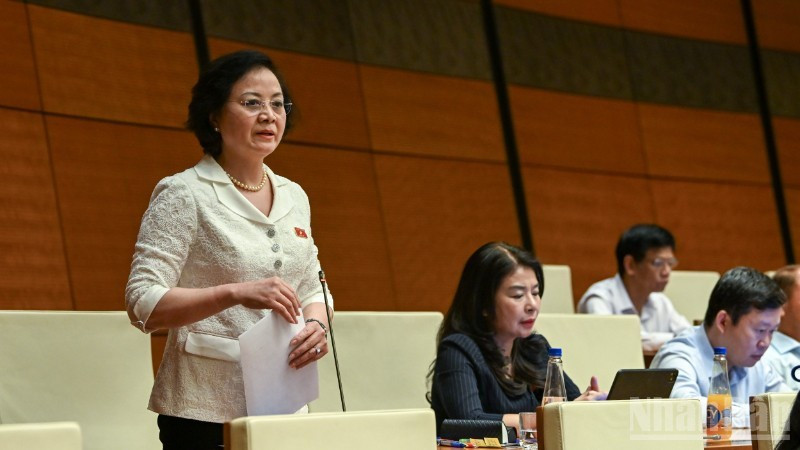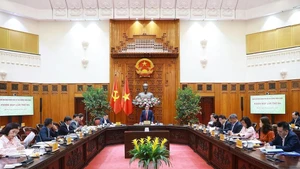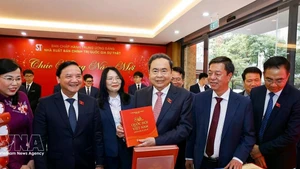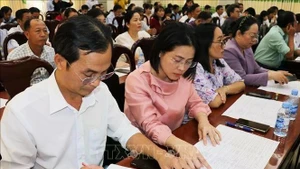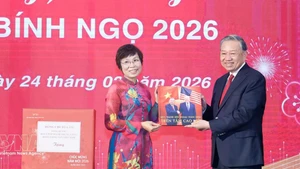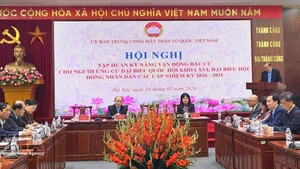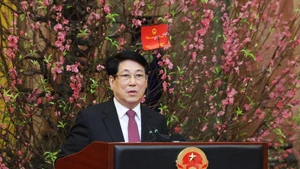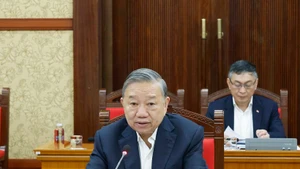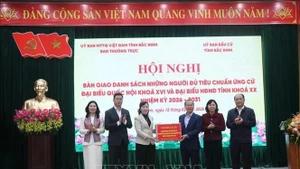Speaking at the 15th NA's 10th session, Tra said that the transition to a two-tier local model from a four-tier one, which lasted for 80 years, was not only an organisational reshuffle but also a revolution that fundamentally transformed the philosophy of power organisation, institutional frameworks, local governance, as well as the mindset of personnel, operational methods, and development targets.
The change, she said, aligns with global trends and the country’s development goals in the new period. She underscored that it lays the foundation for modern national governance, serving the goal of prosperity and happiness for the people.
Given that nearly four months have passed since the model’s implementation, it has yielded significant results, with harmonious and comprehensive issuance of institutions and policies, and timely guidance to remove obstacles for localities.
With a view to enhancing the apparatus’s efficiency, the Deputy PM laid stress on the need to complete institutional frameworks and develop a contingent of capable public servants. Acknowledging the imbalances in staffing, Tra said the Ministry of Home Affairs will complete job position frameworks, serving as a basis for staffing allocation and training programmes.
She highlighted the importance of appropriate financial mechanisms, adequate resources, and the acceleration of digital transformation and AI application in governance. Despite positive progress, she said that technological infrastructure remains limited and must be prioritised in government investment.
Tra stressed that the new governance model must prioritise service to citizens, stating that a government close to the people is a driver for national development.
On wage reform, she said it could not be undertaken immediately and requires meticulous preparation as well as a rational roadmap, underscoring that the reform must be based on the state’s payment capacity.
